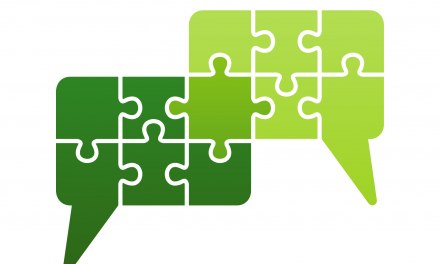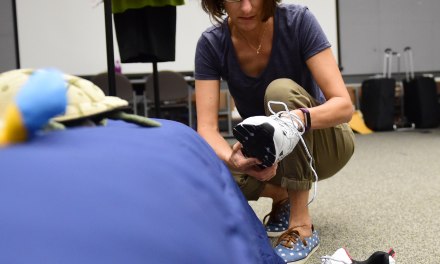There is absolutely NO WAY I will participate in a family treatment session. I am not the one with the problem.”
Ever hear yourself utter these words? Even worse, ever been the addict listening to someone you love mumble these words, just loud enough for you to hear too? After the shock wears off, however, most addicts are insecure enough to actually entertain the idea that they are the only one with a problem. Thank goodness we’ve learned better.
What have we learned?
At a bare minimum we’ve learned that while the addict is in recovery from substance abuse the family is tethered. The addict’s behavior influences the family’s behavior. The disruption that ramped up slowly may now seem normal. The addict’s imbalance has an effect on everyone they touch; the closer the relationship, the greater the effects. We affect one another; we can’t not affect one another.
This being so, the family will seek to create balance where there is none. As the addict worsens the family member(s) begin to bend. This happens whether we’re conscious of it, or not. While the integrity of the addict has been slowly sliding, so has the integrity of the family. A landslide from an island in the Atlantic Ocean will have an effect on adjacent coastal shores. If we have been or are in the addict’s path, we have dealt with having to compromise.
Questioning this? Maybe even irritated at this suggestion? You may not want to continue reading- you might not appreciate what you hear.
Family members get addicted to their addict getting well, just like addicts get addicted to drugs. If a family is to move forward and heal, the best opportunity is for everyone to look at the roles they have stepped into over the years of the addict’s drinking/using.
What role might you have stepped into?
- Expressing pride or approval only when tasks were accomplished to your standards. The addict fears failure instead of embracing trial and error. They eventually become accustomed to failure and seek it out.
- Not seeing options for you to handle yourself differently in a situation. The addict’s compliance is where you tie your happiness and peace of mind. They are now responsible for your happiness.
- Picking up all the pieces that are falling apart because of their addiction. The addict never experiences the natural consequences of their behavior. A process that has been interrupted in your illusion of false protection.
We are not suggesting that the family is to blame; you’re not responsible for the addict’s choices. But you are responsible for how you respond to the addict’s choices.
In learning to respond differently we change the trajectory of the addict’s life. When an addict is new in recovery a lot is changing and none of it is comfortable. While our goal is not necessarily to make the addict comfortable, a degree of bearable discomfort is necessary, lest the addict turn in frustration back to his/her addiction.
One method of dealing with the family dynamic is family coaching. Similar to personal coaching, the family works as a unit for the benefit of everyone involved. Individuals are making decisions based on personal goals as well as family goals. Again, we are connected: We affect one another, this time positively.
Why family coaching works well with families that have experienced addiction:
- Coaching is goal oriented. The individual weighs their goal with the family goal. No one makes decisions based solely on their needs.
- Coaching is results oriented. It’s not okay for the situation to stay the same month after month. Coaching forces us to set doable and measurable goals. If we can’t measure them then we need to redefine the objective.
- Coaching forces us to identify our principles. In measuring personal principles against family principles we can see where we have compromised our integrity. Integrity is the glue that keeps the family communicating effectively.
- Coaching drives us to take an action. If we take it and it works, great. If we take it and fail, we have learned. Sometimes learning what we don’t want is more important because it drives us to see, clearly, what we do want.
- Coaching gives everyone the opportunity to find happiness. In coaching we are responsible for our own happiness. We learn to be a thermostat, not a thermometer. We set our principle gauge and stick to it, regardless of another’s behavior.
Wondering if your family would benefit? Wondering if you would benefit? Click to download this chart:
One thing is certain. Life is moving forward. We can move forward with new skills or move forward with old skills. Either way, we are creating our future—today.
About the Author
Lisa Neumann is both a recovered addict and the child of an alcoholic. Lisa founded OGEL Life Skills Coaching: {Ordinary Goal, Extraordinary Life}. OGEL provides coaching for both the addict and their family. Lisa is the author of Sober Identity: Tools for Reprogramming the Addictive Mind. You can follow her on Twitter: @RecoveredLisa














